The What & Why of Data Governance
erwin
MARCH 4, 2021
Modern data governance is a strategic, ongoing and collaborative practice that enables organizations to discover and track their data, understand what it means within a business context, and maximize its security, quality and value. The What: Data Governance Defined. Data governance has no standard definition.


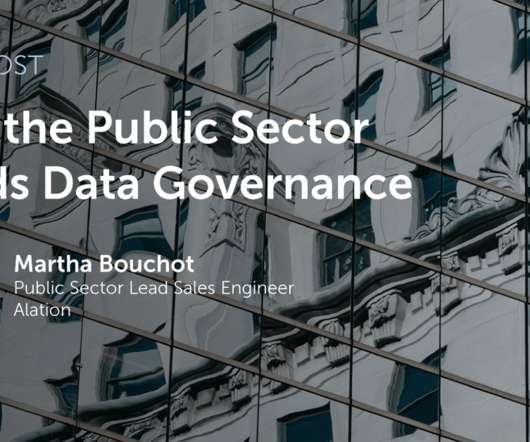
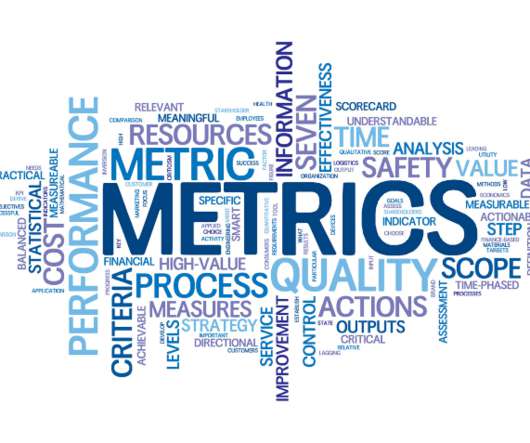
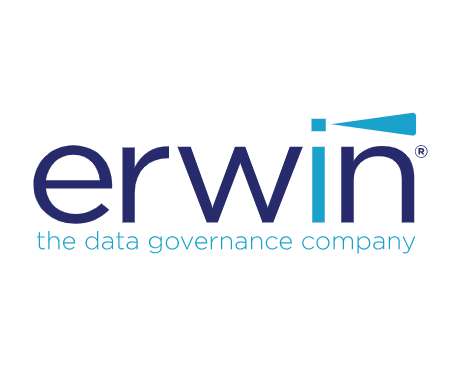



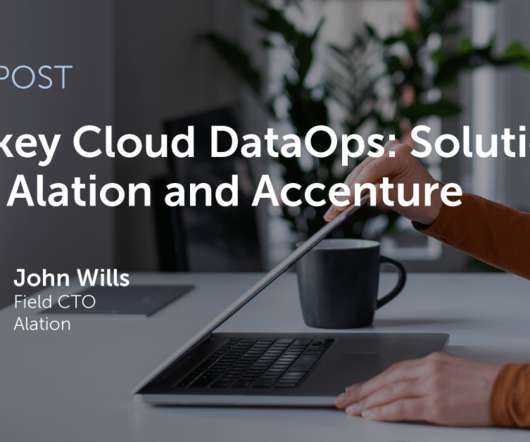
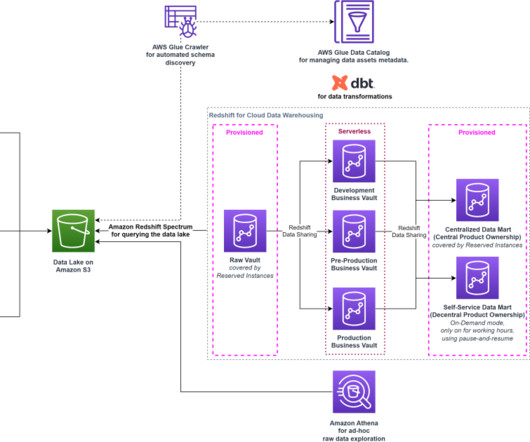
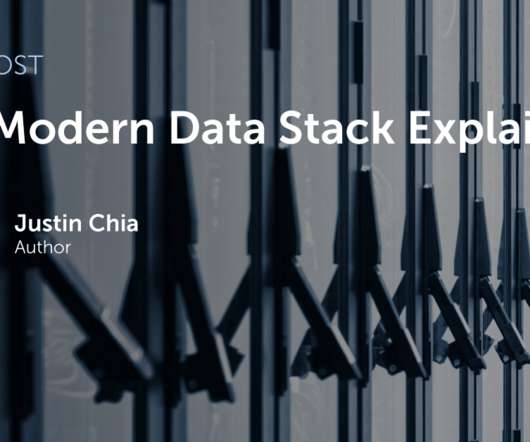










Let's personalize your content